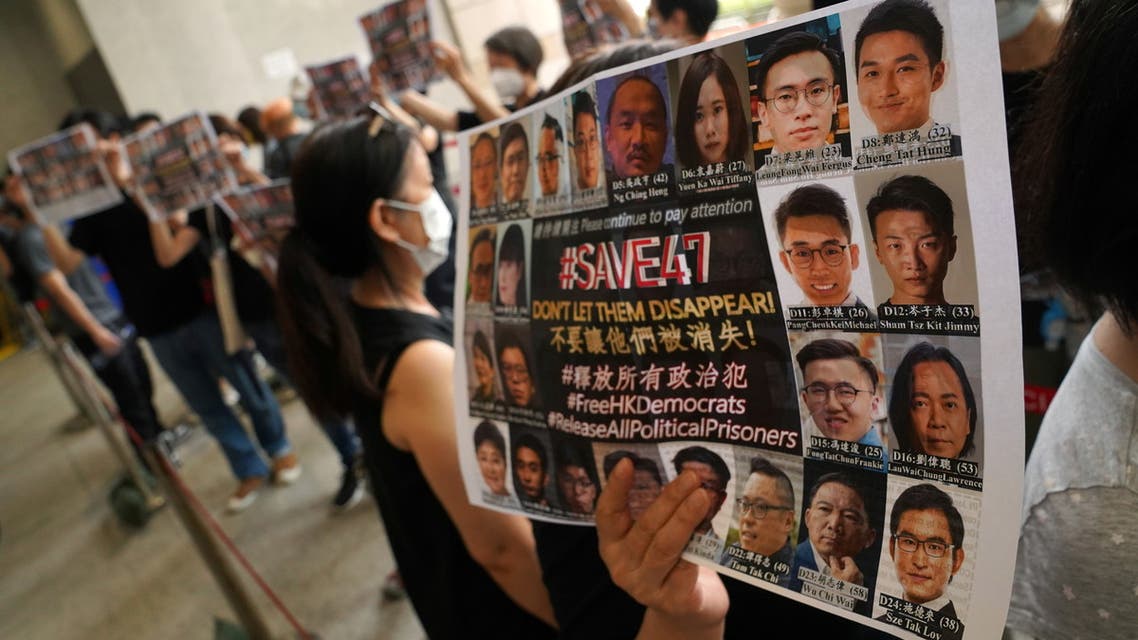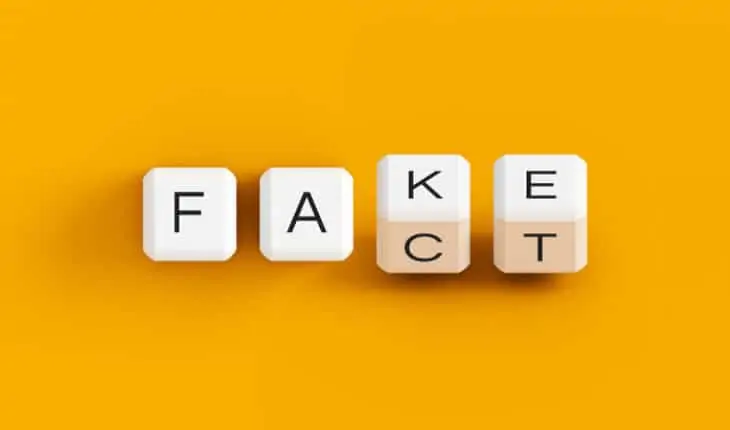‘Children going to die’: UN warns of ‘acute’ Afghan food crisis
UN says more than half of Afghanistan’s 39 million population is facing acute food insecurity and ‘marching to starvation’.

Published On 25 Oct 2021
Millions of Afghans, including children, could die of starvation unless urgent action is taken to pull Afghanistan back from the brink of collapse, a senior United Nations official has warned, calling for frozen funds to be freed for humanitarian efforts.
The World Food Programme (WFP) Executive Director David Beasley told Reuters news agency that 22.8 million people – more than half of Afghanistan’s 39 million population – were facing acute food insecurity and “marching to starvation” compared with 14 million just two months ago.
“Children are going to die. People are going to starve. Things are going to get a lot worse,” he said in Dubai.
“I don’t know how you don’t have millions of people, and especially children, dying at the rate we are going with the lack of funding and the collapsing of the economy.”
Afghanistan was plunged into crisis in August after Taliban fighters drove out a Western-backed government, prompting donors to hold back billions of dollars in assistance for the aid-dependent economy.
The food crisis, exacerbated by climate change, was dire in Afghanistan even before the takeover by the Taliban, whose new administration has been blocked from accessing assets held overseas as nations grapple with how to deal with the group.
“What we are predicting is coming true much faster than we anticipated. Kabul fell faster than anybody anticipated and the economy is falling faster than that,” Beasley said.
He said dollars earmarked for development assistance should be repurposed for humanitarian aid, which some nations have already done, or frozen funds be channelled through the agency.
“You’ve got to unfreeze these funds so people can survive.”
The UN food agency needs up to $220m a month to partially feed the nearly 23 million vulnerable people as winter nears.
Many Afghans are selling possessions to buy food with the Taliban unable to pay wages to civil servants, and urban communities are facing food insecurity on levels similar to rural areas for the first time.
WFP tapped its own resources to help cover food aid through to December after some donors failed to meet pledges, Beasley said, adding that with government appropriations already out, funds may have to be redirected from aid efforts in other countries.
Aid groups are urging countries, concerned about human rights under the Taliban, to engage with the new rulers to prevent a collapse they say could trigger a migration crisis similar to the 2015 exodus from Syria that shook Europe.
“I don’t think the leaders in the world realise what is coming their way,” he said, listing off several humanitarian crises in the Middle East, Africa and Central America.













